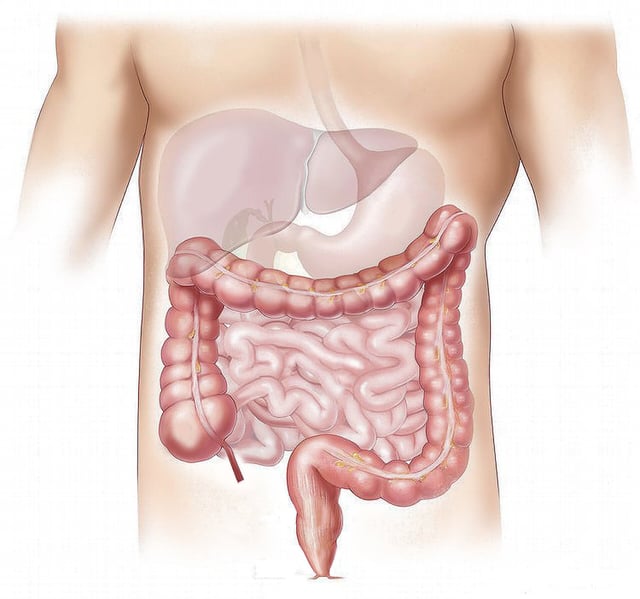Overview
- The peer-reviewed study found that obesity causes about a 60% decline in gut enteroendocrine cells, which release hormones like GLP-1 to regulate insulin and appetite.
- Exposure of human gut organoids to indole or a tryptophan-enriched probiotic culture medium more than doubled enteroendocrine cell numbers, demonstrating restoration potential.
- Blocking the aryl hydrocarbon receptor (AhR) abolished the cell-restorative effect, confirming that microbial metabolites act through an AhR-dependent mechanism.
- Published on July 23 in the International Journal of Molecular Sciences, the research provides proof-of-concept for reversing obesity-related hormone cell loss using gut-derived metabolites.
- Researchers are moving into preclinical development of microbiota-targeted interventions, including bespoke probiotics and dietary supplements, to enhance GLP-1 production and improve metabolic health in obesity.
